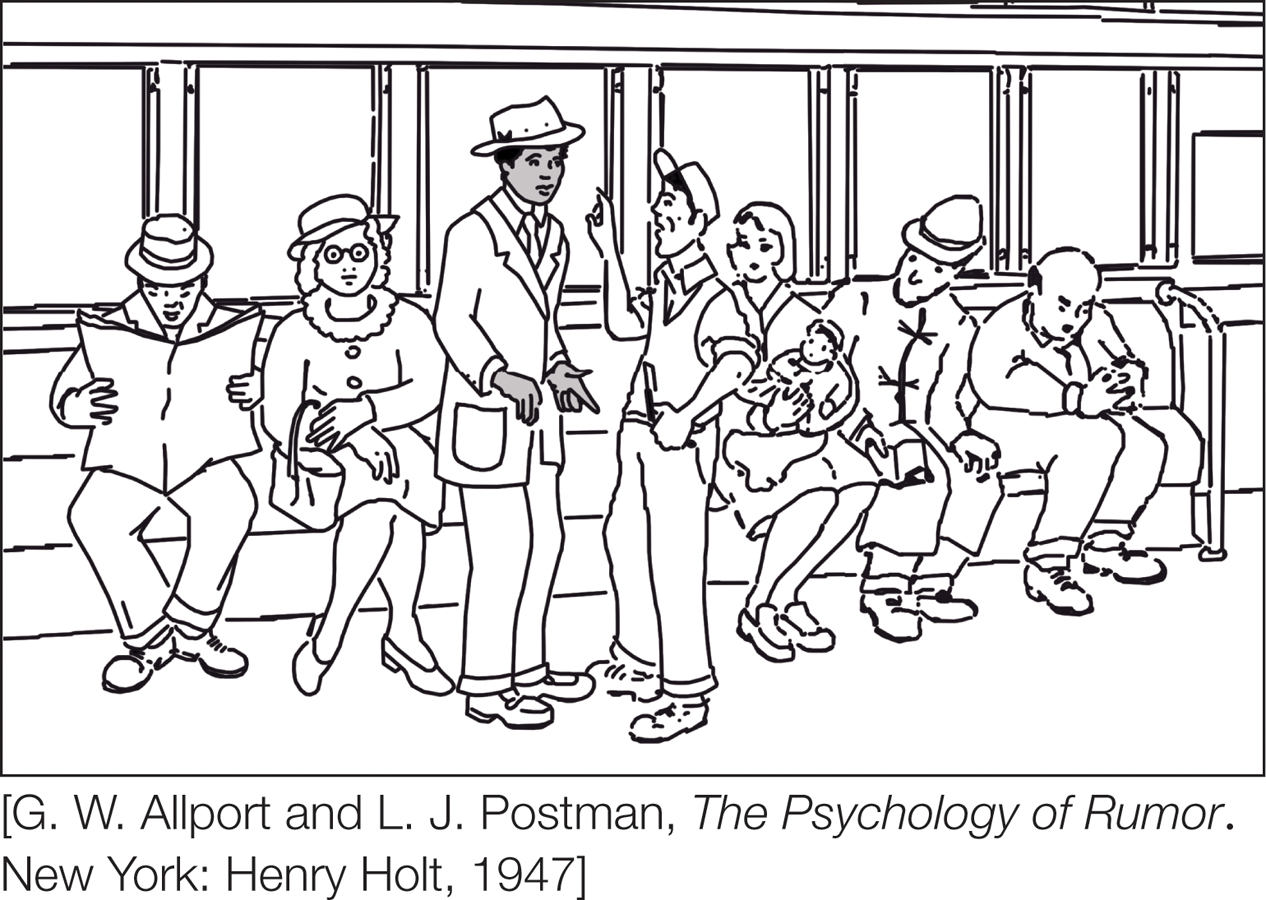
FIGURE 3.6
Reviews the book, The psychology of rumor by Gordon W. Allport and Leo Postman (1947). In The Psychology of Rumor, a book of less than 250 pages, Allport and Postman have come near to writing three almost excellent books. With some reorganization and additions they might have written an excellent basic textbook in beliefs, attitudes, and human communication.

Allport And Postman Transborder Media
Eyewitness Memory Rumors Greatly Exaggerated: Allport and Postman's Apocryphal Study. NCJ Number. 116389. Journal. Canadial Journal of Behavioural Science Volume: 19 Issue: 4 Dated: special issue (October 1987) Pages: 430-440. Author(s) J C W Boon; G M Davies. Date Published. 1987 Length. 11 pages.

Pin on Books
Cite unseen: Distortions of the Allport and Postman rumor study in the eyewitness testimony literature. M. Treadway Michael B. McCloskey. Psychology, Law. 1987; In the psychological literature on eyewitness testimory, the classic Allport and Postman (1945, 1947) study of rumor has consistently been described inaccurately.

allport theory of personality YouTube
The Allport and Postman (1945, 1947) study of rumour has been widely cited in support of the claim that expectations based upon racial stereotypes can cause eyewitnesses to make dramatic errors in perceiving or remembering an event. However, this claim is founded on inaccurate accounts of the study that have appeared throughout the eyewitness.

The Psychology of Rumor Gordon W. Allport Leo Postman Etsy Psychology, Vintage book, Good father
The Allport and Postman (1945, 1947) study of rumour has been widely cited in support of the claim that expectations based upon racial stereotypes can cause eyewitnesses to make dramatic errors in perceiving or remembering an event. However, this claim is founded on inaccurate accounts of the study that have appeared throughout the eyewitness.

Allport And Postman Transborder Media
ALLPORT, GORDON W., and LEO POSTMAN. The Psychology of Rumor. Pp. xiv, 247. New York: Henry Holt and Company, 1947. $2.60

Allport And Postman Transborder Media
At a Glance. Gordon Allport was an American psychologist who played an important part in the development of personality psychology. Meeting Sigmund Freud had a significant influence on Allport, leading him to develop his own approach to psychology. Allport's best-known theory focuses on the different traits that make up personality, which he.

02 Allport, Gordon & Postman, Leo La Psicología Básica Del Rumor PDF Memoria Experimentar
Criticizing Knapp's wish-hostility-fear tripartite classification, Allport and Postman (1947a) musingly point out that motivation is an individual trait and 'to find out why a given individual falls for a certain story would require a clinical study of that individual' (p. 506). Despite Allport and Postman's observation, the scheme.

Allport And Postman Transborder Media
Allport, G. W. and Postman, L. The psychology of rumor. New York: Henry Holt, 1947, pp. 247. $2.60

How to create routes using Express and Postman.. by Yudhajit Adhikary Medium
The "embedding" process, by which objective information is recast to fit the individual's own needs and interests, is analyzed as the source of rumor. "Whenever a stimulus field is of potential importance to an individual, but at the same time unclear, or susceptible of divergent interpretations, a subjective structuring process is started. Although the process is complex (involving, as it.
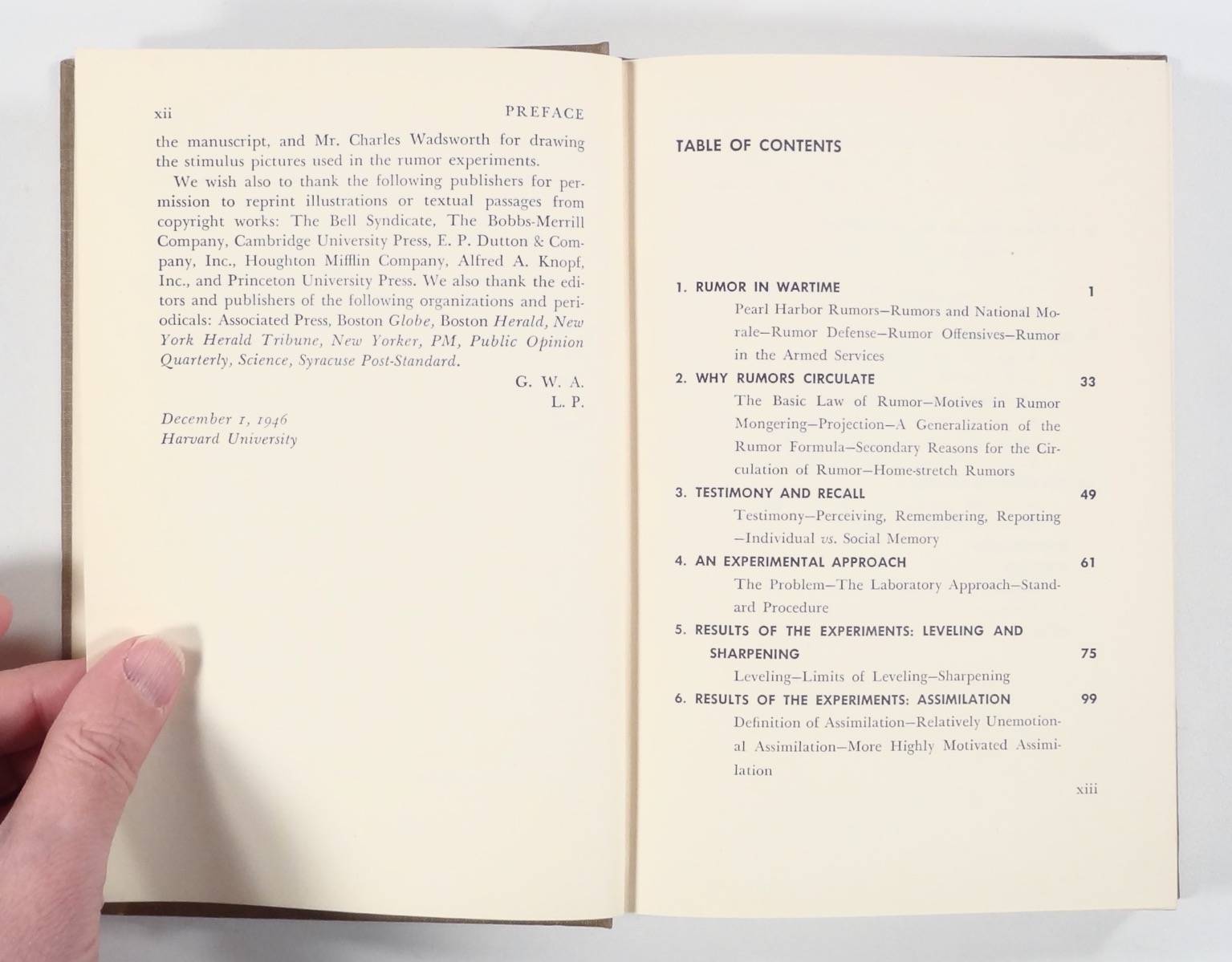
product image
G. W. Allport and L. Postman's (1945, 1947) study of rumor has been widely cited in support of the claim that expectations based on racial stereotypes can cause eyewitnesses to make dramatic errors in perceiving or remembering an event. This claim is founded on inaccurate accounts of the study that have appeared throughout the eyewitness testimony literature.
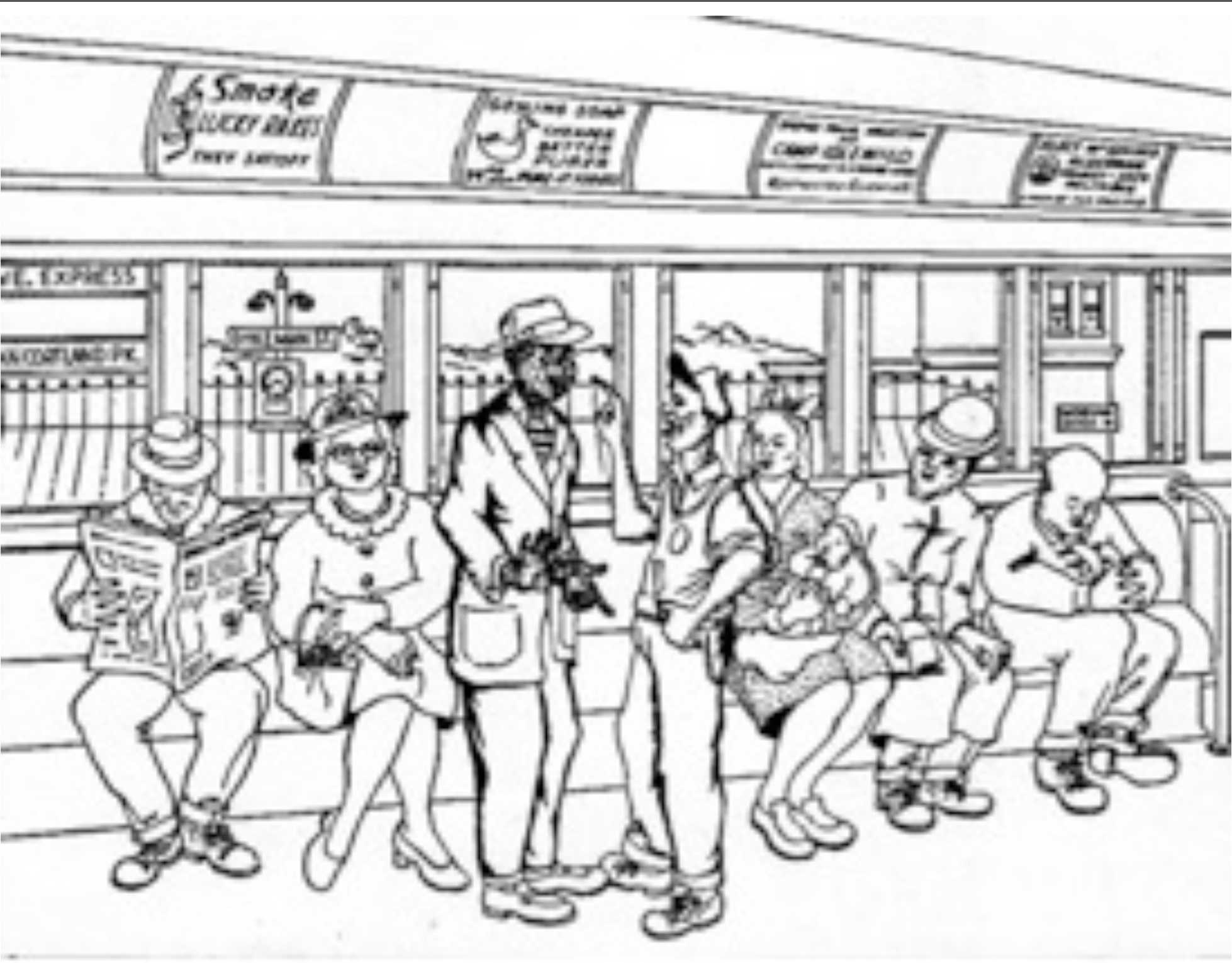
31日 かわいいでゅ 楽天ブログ
Gordon W. Allport, Professor of Psychology in the Department of Social Relations, and Leo Postman, Instructor of Psychology, both at Harvard University, present answers to some of these questions. They seek to state the basic law of rumor. Such factors as pro-jection, distortion, and self-justification are discussed, and illustrated with case.

La fonction sociale de la rumeur partie 1 Allport&Postman YouTube
Gordon W. Allport, Professor of Psychology in the Department of Social Relations, and Leo Postman, Instructor of Psychology, both at Harvard University, present answers to some of these questions. They seek to state the basic law of rumor. Such factors as projection, distortion, and self-justification are discussed, and illustrated with case.

Gordon Allport
Allport, G. W., & Postman, L. (1947). The psychology of rumor. Henry Holt. Abstract. The authors' goal is a basic textbook on rumor containing all the relevant information. Rumor is classed as one of the many forms of human communication "that are not rigidly constrained by objective and impersonal standards of truth," and in which the.
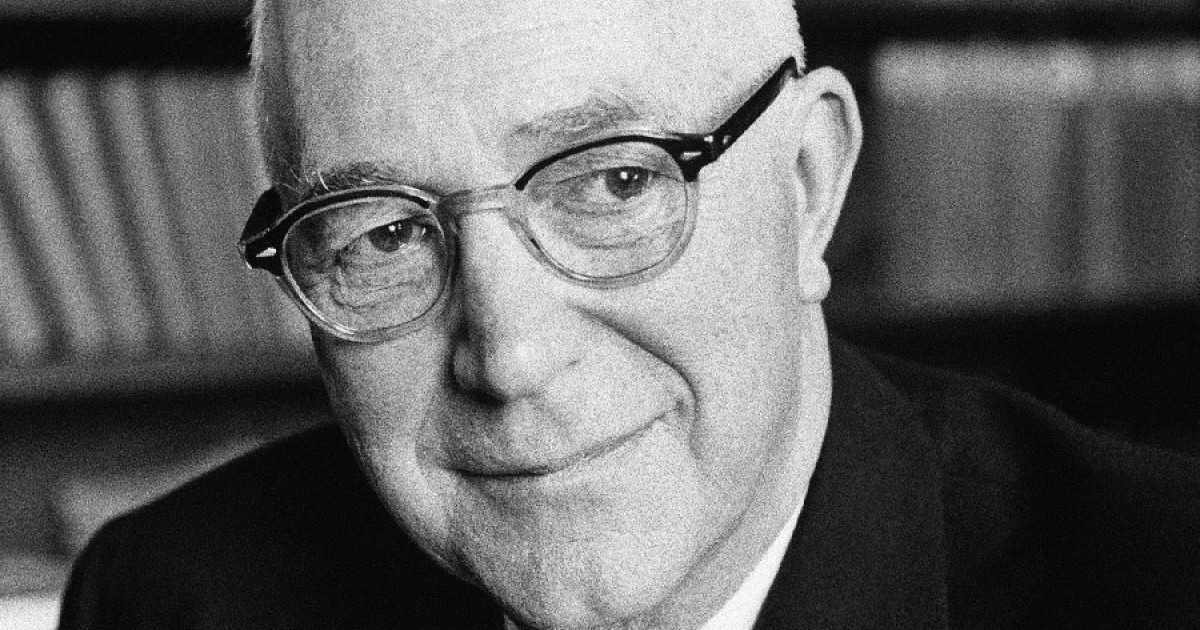
Teoría de la personalidad de Allport
Eyewitness testimony is a legal term that refers to an account given by people of an event they have witnessed. For example, they may be required to describe a trial of a robbery or a road accident someone has seen. This includes the identification of perpetrators, details of the crime scene, etc. Eyewitness testimony is an important area of.
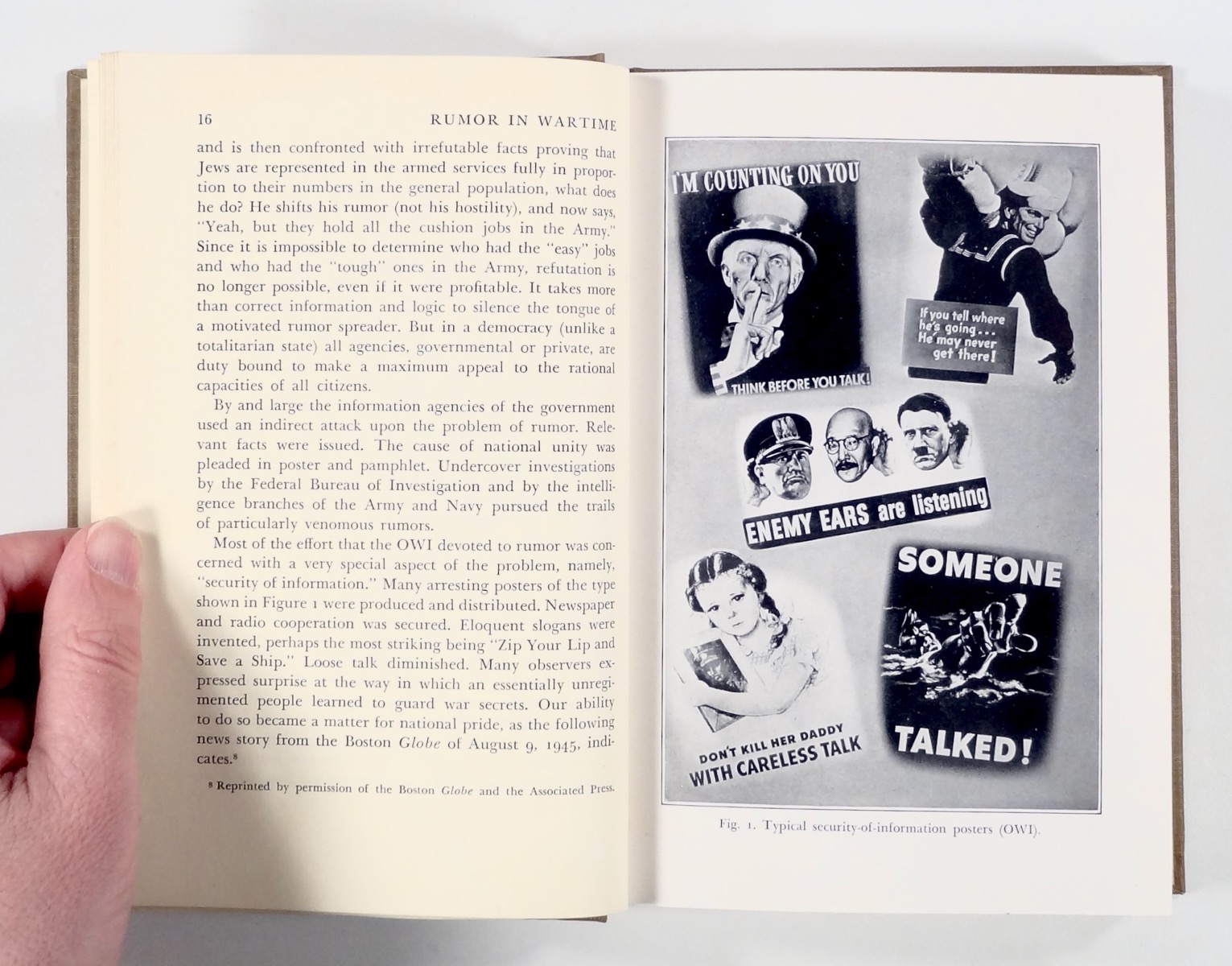
product image
Allport and Postman used three terms to describe the movement of rumor. They are: leveling, sharpening, and assimilation. Leveling refers to the loss of detail during the transmission process; sharpening to the selection of certain details of which to transmit; and assimilation to a distortion in the transmission of information as a result of.